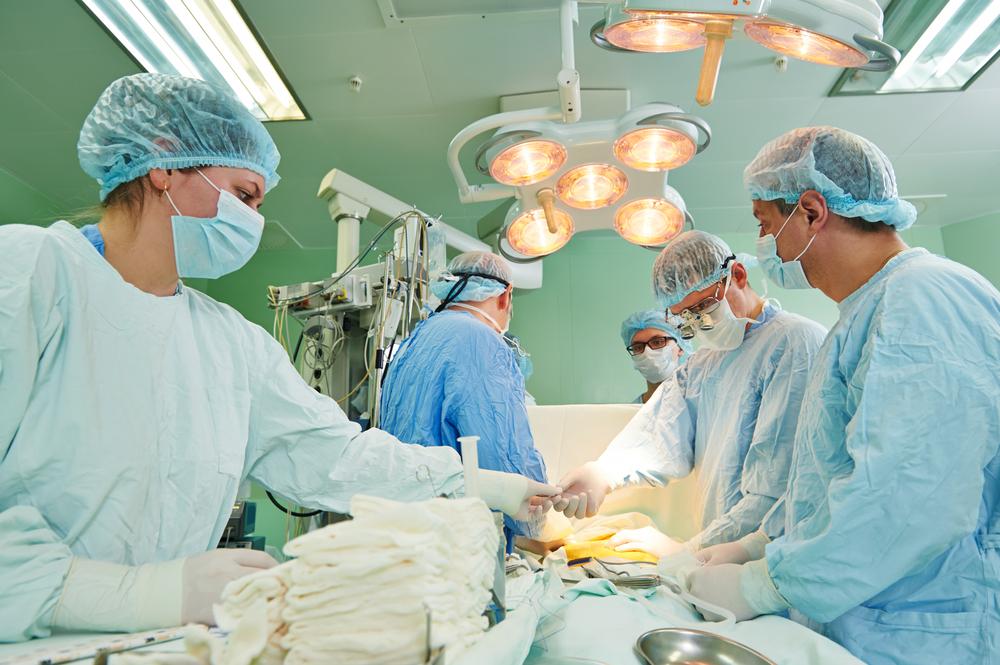4 Questions You Must Ask Before Undergoing A Heart Ablation Procedure
The heart ablation procedure is a low-risk medical procedure that corrects irregular heart rhythms. Irregular heartbeats occur due to abnormal cells in the heart. Heart ablation procedure destroys or scars the tissue containing these cells so that the heart beats return to the normal rhythm. The procedure is done by inserting a catheter through a vein or artery in the groin and then threading the catheter around the affected part of the heart.

Energy in the form of heat or extreme cold is applied through the catheter to scar the affected tissue. Due to the use of a catheter, the heart ablation procedure is less invasive, and the recovery time is quicker too. However, in certain cases, open heart surgery may also be required. Here are a few things you should know about before undergoing a heart ablation procedure.
How can you prepare for a heart ablation procedure?
- Before the procedure, a doctor recommends various tests to check the condition of the heart and the overall health of the person. Once this is done, the different risks, after-effects, and benefits of the procedure will be discussed with the patient.
- Special instructions may be given regarding medications. If a patient is taking medications for heart arrhythmia, doctors usually advise that the intake of such medications should be stopped a few days before the procedure takes place. Also, consult the doctor whether to continue the intake of other medications immediately before and after the procedure.
- Special precautions may be advised if a patient has an implanted device such as a pacemaker or an implantable cardioverter defibrillator.
What precautions must be taken after undergoing a heart ablation procedure?
- In many of the cases, patients are kept in the recovery room for a few hours after the procedure. In case of discomfort persist even after a few hours, the patient may have to stay in the hospital for a day or two.
- After leaving the hospital, patients are advised against driving for at least 24 hours. It is advised to ask someone in the family to drive the patient home. Also, avoid drinking alcohol or smoking for at least 24 hours after leaving the hospital.
- Refrain from any strenuous physical activities or exercises for at least three days after the procedure. Consult the doctor regarding the duration for which the patient should avoid physical activities.
Which foods should be avoided after a heart ablation procedure?
- Alcohol has been known to trigger atrial fibrillation episodes that may require a repeated heart ablation procedure. People with pre-existing heart condition or diabetes are at a higher risk of developing complications even with moderate drinking. It is recommended to avoid alcohol intake after a heart ablation procedure.
- Unhealthy fats such as trans fats and fats found in animal products should be avoided since they increase the risk of high blood pressure, which will lead to complications after a heart ablation procedure. Avoid eating margarine, anything cooked in hydrogenated vegetable oil, fried foods such as fries and potato chips. Also, avoid eating pork, beef, and chicken with the skin attached.
- The intake of salt increases the risk of high blood pressure, which can cause complications after heart ablation procedure. Avoid eating processed or frozen foods as these contain high quantities of salt, which is used as a preservative. It is recommended to take around 1,500 milligrams or less of sodium per day.
Which foods are recommended after a heart ablation procedure?
- Eat foods rich in magnesium. These include nuts such as almonds and cashews. The diet should also include peanuts, peanut butter, spinach, avocados, whole grains, and yogurt.
- It is also necessary to maintain the levels of potassium in the body to keep the heart muscles healthy. Eat fruits such as bananas, oranges, and apricots. Tomatoes, prunes, and squash and the root vegetables such as beets and sweet potatoes are also rich in potassium.
Tags: heart ablation procedure
Disclaimer:
The content provided on our blog site traverses numerous categories, offering readers valuable and practical information. Readers can use the editorial team’s research and data to gain more insights into their topics of interest. However, they are requested not to treat the articles as conclusive. The website team cannot be held responsible for differences in data or inaccuracies found across other platforms. Please also note that the site might also miss out on various schemes and offers available that the readers may find more beneficial than the ones we cover.